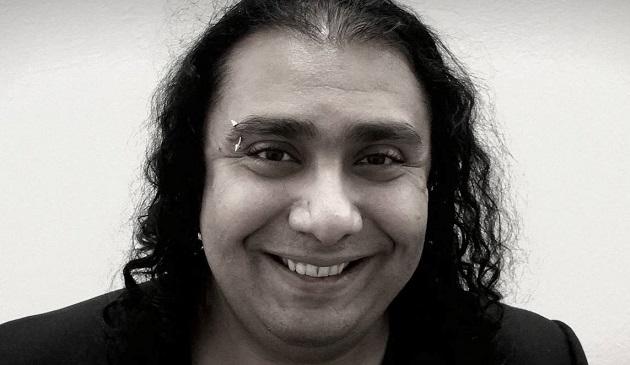Czech experts point to association between indebtedness and extremist voting patterns

In the Czech Republic, indebtedness and being subjected to a large number of collections proceedings is reflected in voting patterns, and in regions where inhabitants have ended up in the debt trap, more anti-system, extremist parties have succeeded. The updated map of collections underway in the country has just demonstrated this apparent association.
Experts on the debt issue have warned of the connection between indebtedness and such voting patterns. “The correlation is rather clear,” said Radek Hábl, who is an author of the collections map.
“In regions where there is a greater problem with indebtedness, more anti-system or extremist parties receive votes because people are looking for a way out. They no longer trust the system,” the expert said.
There were more people undergoing collections last year in 12 of the country’s 14 regions than previously, and almost one-tenth of the Czech population over the age of 15 is involved in such a proceeding. There are 151 000 people in the Czech Republic who are being subjected to 10 or more simultaneous collections proceedings.
“Of all the districts, those in the northwest of the Czech Republic are the ones that are deteriorating. It’s a cycle, it is not possible for these people to avoid collections or get out of debt,” Hábl said.
“Frustration is growing. There is a danger of extremism and radicalization,” Hábl said.
The researcher went on to say that in locations with a high number of people subjected to collections proceedings, anti-system and extremist parties have enjoyed good electoral results. According to Daniel Hůle, the head of the debt program at the People in Need organization, the rules on borrowing money have managed to be adjusted recently so that fewer problems should arise in future.
Those changes, however, will not affect those who are already subjected to collections and are in debt. “We witnessed those frustrations during the elections to Parliament and for President,” Hůle believes.
“If we do not give people a helping hand, the foundation of our liberal democracy can be shaken,” the debt expert said. Collections and indebtedness, according to the head of the Open Society organization, Marta Smolíková, have a negative impact on the places people live.
“Last year, after we published the collections map, mayors were calling us to object that in their towns there certainly could not be as many collections proceedings underway as we reported. For local administrations this is an enormous problem,” she said.
“Not only are people living in poverty on the territory of their town, but they will not be able to collect local taxes,” she pointed out. Local councils will have less money available, which will impact their planned projects.
The frustrations among neighbors are then reflected in electoral results, according to Open Society. For many who are doing their best to get out of the debt trap and pay what they owe, a life in poverty is the outcome.
Some have no chance under the current rules to ever be able to improve their financial situations at all. “We look for ways to motivate people to keep on living with an absolute minimum of financing,” debt advisor Barbora Halířová said.
Many people in the Czech Republic have been managing for years now with just the minimum income that cannot be attached for collections. These people are not even entitled to apply for welfare benefits.
Such benefits would be calculated based on their entire wage, not on the amount that remains after deductions to pay off creditors. According to NGO representatives, the current setup does not motivate anybody to find employment and do their best to make as much money as possible.
Experts therefore recommend that just a limited amount of debtors’ incomes should be subject to collections for debt payment so they will be able to access more of the resources produced by higher earnings for other purposes. The Chamber of Debt Collectors of the Czech Republic also agrees with that idea.
According to experts, more people would be able to access debt relief that way. In all of the states adjacent to the Czech Republic the conditions for debt relief are milder, experts point out.
According to Tanweer Ali of the Prague campus of the University of New York, dealing with the debt problem is also complicated in the Czech Republic by the fact that the country has a cheap labor force. Foreign investors do not come to the Czech Republic for its added value and expertise but because its workers are cheap, he said.
